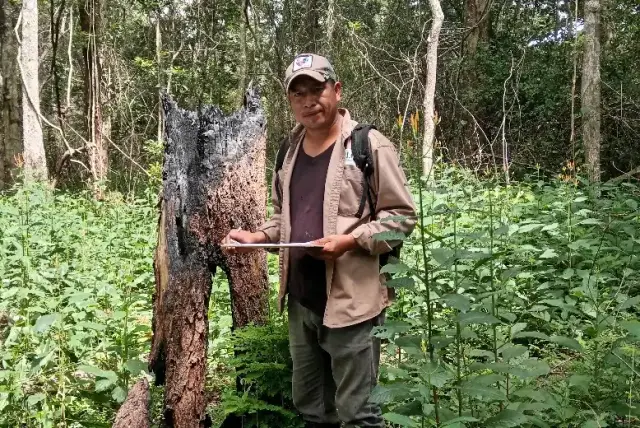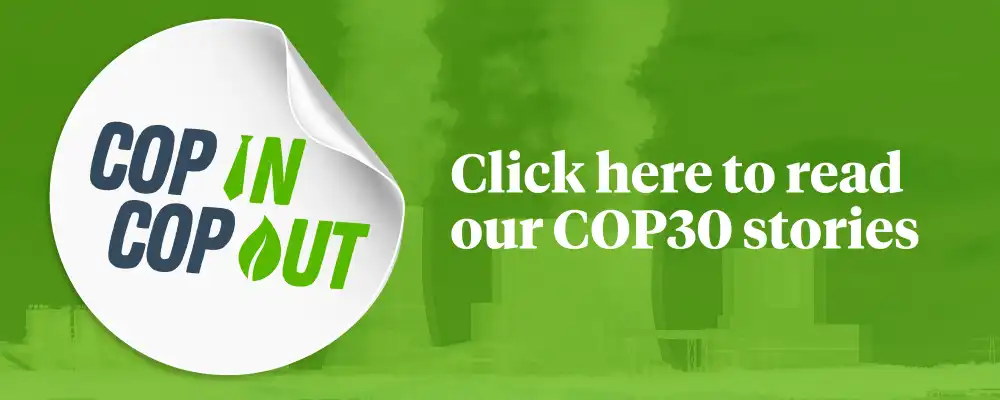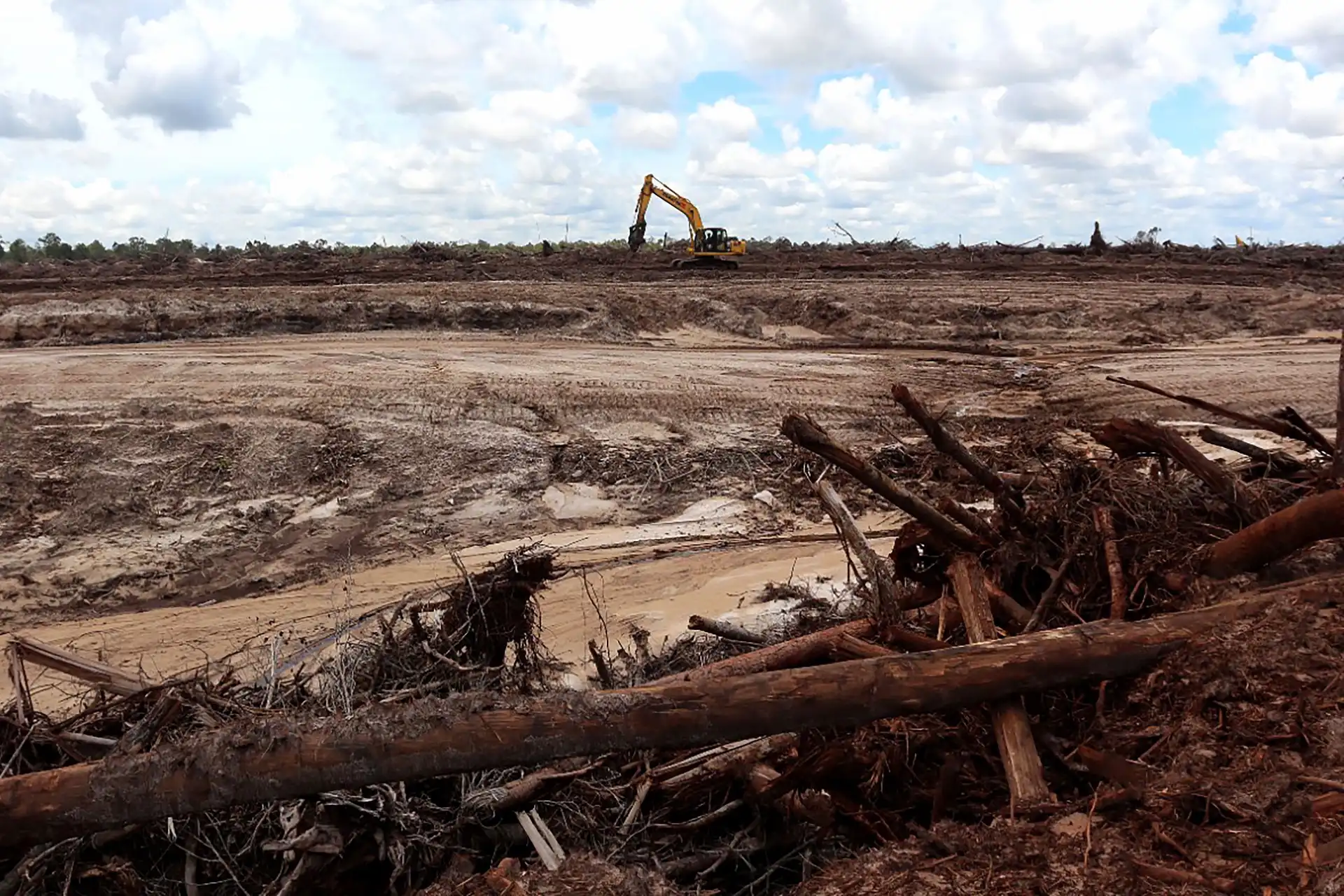Threats to life
People from across the globe told us that they’re experiencing climate change firsthand. They spoke of floods, droughts, wildfires, changes to the seasons and extreme temperatures. More than half of our interviewees had seen the climate crisis changing their land and lives. “There are times when there are floods in the community and other times when droughts are also quite severe,” said Patricia Suárez Torres from Colombia.
The causes of climate change can be as damaging as its consequences. Illegal logging and the expansion of agribusiness, as well as drug trafficking, mining and pollution were all cited as serious threats by Indigenous people, from the Congo Basin to the Amazon. Almost 60% said such threats had worsened in the past ten years.
Almost one fifth of people – all from countries on the Amazon rainforest – mentioned mercury poisoning their rivers and fish. Mercury is often used in small-scale gold mining, but has devastating effects on human health, especially for women. People told us about birth defects and pregnancy losses. The Yanomami people in northern Brazil have been gravely affected over several decades, facing tens of thousands of invading miners and a spike in water contamination, diseases and deaths. “We are now in a phase of bringing mourning to an end, because so many children died,” Waihiri Hekurari Yanomami told TBIJ.
Some Indigenous women told us that gender played a key role in the threats against them. Land invaders engaged in sexual violence, one said, while another spoke of gender-based violence within the community. Teenage pregnancy came up, and another woman talked about facing “macho” leadership from Indigenous men. When Indigenous women lead their communities and the fight for recognition and demarcation of their lands, many receive death threats. Sara Omi from the Embera people in Panama wept as she described female leaders being arrested and chained up: “It hurts us deeply as women”.




























